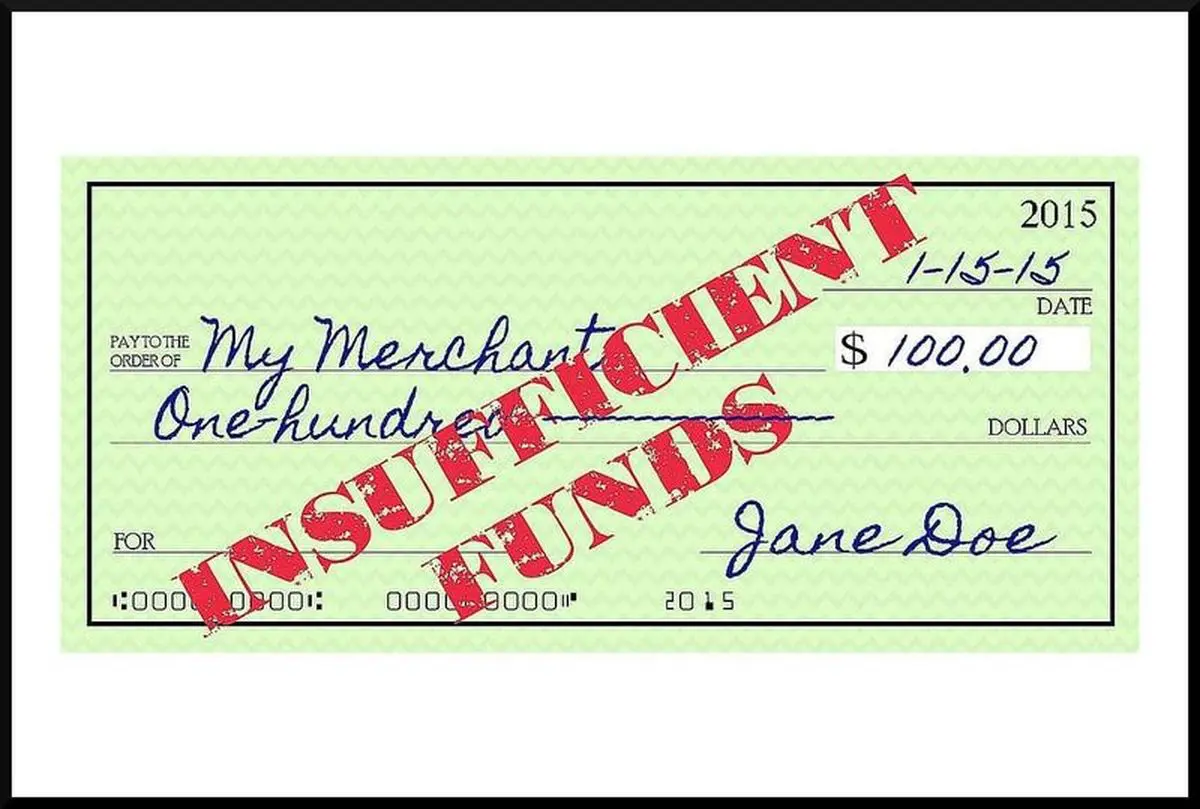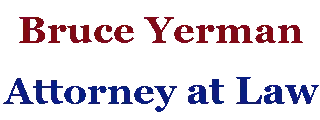By ,

Table of Contents
Too Good to Be True Means It’s False
Don’t deposit your friend’s check into your bank account. You could be convicted of a crime.
When someone asks you to deposit their check into your bank account, you are the target of a “fake check scam”. You risk being victimized twice: first by the scammer, then by the police.
Fake Check Scams
In a fake check scam, the scammer persuades you to 1) deposit a forged check into your bank account, then 2) transfer the deposited funds to the scammer, 3) before the bank determines that the check is fake. When the bank eventually catches on, it will freeze your bank accounts and withdraw a sum equivalent to the value of the check.
Fake check scams come in many flavors.
Doing a Friend a Favor
A “friend” asks you for a favor.
The friend needs to cash a check right away, but the friend doesn’t have a bank account. The friend can’t open his own bank account, or cash the check at the bank on which the check is drawn, because the friend doesn’t have adequate ID. Your friend needs to cash the check ASAP to pay rent that’s past due, or to buy formula for his child, or to pay for some other urgent expense. Your friend has gone through difficult times, maybe involving unemployment, drug abuse, homelessness, or jail.
You want to help. So you agree to deposit the check into your bank account, withdraw the proceeds, and give the proceeds to your friend.
Your friend promptly vanishes.
Soon, the bank withdraws the value of the forged check from your account. The bank’s fraud department and the police are calling you.
A Win-Win – Not
An acquaintance asks you for a favor.
As with the “friend” situation, the acquaintance doesn’t have a bank account or sufficient identification to cash the check.
In addition to relying on your kindness, the acquaintance motivates your assistance by offering to pay you a portion of the check proceeds. Maybe the acquaintance offers to pay you $100 to cash a $700 check.
You deposit the check. After it clears, you withdraw $700, giving $600 to the acquaintance, and keeping $100 for yourself. Within a few days, the bank freezes your account, and the fraud department and police are calling you.
Work from Home
You recently got a job online, working from home over the internet.
Your new employer only communicates by phone and email. He agrees to advance your first week’s pay, $250 before you do any work, as a token of good faith.
The employer sends you a check in sum of $950, equivalent to the first week’s pay plus $700 more, which you’ll need to purchase office supplies related to your job. After the check clears, you electronically transfer $700 from your bank account to the “supplier”, as directed by your employer.
You soon learn the that your employer doesn’t really exist.
Neither does the supplier.
Scammers Exploit Human Nature
Scammers exploit universal human traits: friendship, gullibility, desperation, greed.
In addition to suffering financial loss, you might be convicted. You might be investigated, arrested and prosecuted for felonies such as criminal possession of a forged instrument and grand larceny.
You Look Guilty
In a fake check scam, the bank has been defrauded with a forged check. You might be the only identifiable participant in the scam: YOUR image on bank surveillance video shows that YOU deposited a check endorsed by YOU, into YOUR bank account.
You’re low-hanging fruit to the police, who have no other suspects. The scammer isn’t on videotape because he didn’t accompany you to the bank. Your word might be the only evidence that the scammer exists. You won’t persuade the police that you didn’t intend to defraud the bank.
Don’t Speak with Police
When the bank’s fraud department and the police contact you, it’s extremely important that you say nothing. You should NEVER SPEAK TO POLICE, certainly not without having your lawyer present.
If you were to speak with the police, what would you tell them? That someone agreed to pay you money just to deposit a check into your bank account, and give most of the proceeds to them? The police won’t believe you, because there’s no legitimate reason for someone to ask you to do that.
Regardless of what you say, the police will believe that you participated in the scam with the intent to defraud the bank.
Don’t do people favors with your bank account. Don’t fall for fake check scams.
Free Consultation
Bruce Yerman is an attorney in New York City. His office is located in Suite 1803 of 299 Broadway in Manhattan.
If you’d like a free consultation to discuss fake check scams, or any issue related to criminal defense or family law, call Bruce at:
Or email Bruce a brief description of your situation:

Leave a Reply